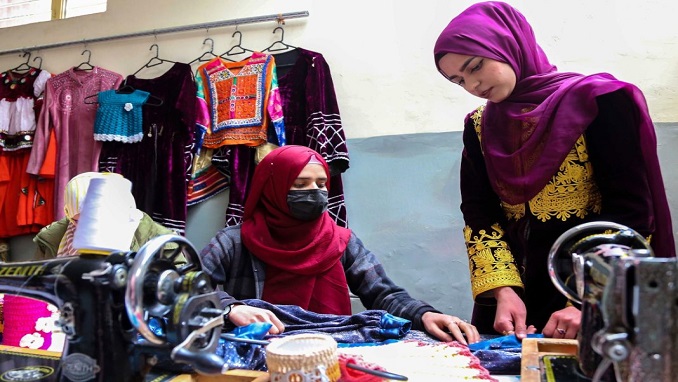According to a new report released by the International Labour Organization (ILO), the female employment level in Afghanistan has fallen sharply since the Taliban administration took over in 2021.
While male employment levels dropped 7 per cent by the final quarter of 2022 compared to the second quarter of 2021, the ILO stated that female employment in the same period had dropped 25%.
Since Taliban authorities came to power, the restrictions on women’s participation in the labour market have contributed to the decline, the report added.
According to Ramin Behzad, Senior Coordination of the ILO for Afghanistan, the key challenge and priority for the future of the Afghan economy and society remain to provide equal access to quality education and training as well as decent and productive employment opportunities for all young women and men.
Behzad underscored that Taliban restrictions on girls and women have severe implications for their education and labour market prospects.
The Taliban de facto government has issued several decrees since August 2021, many of which banned girls from secondary school, attending colleges and higher education and restricted most female employees from working with non-governmental organizations (NGOs).
As most of the international organizations relied on Afghan female staff in the country, these restrictions also disturbed the humanitarian aid in the country.
On top of that, the abrupt cut of foreign development aid and freeze of Afghanistan’s assets led to the loss of more than 900,000 jobs and pushed the country’s economy into crisis since the Taliban takeover.
According to the ILO’s estimates, Afghan GDP had contracted by 30-35% across 2021 and 2022.
Stressing that they are focused on encouraging trade and investment to create economic self-sufficiency, Taliban officials have called on the international community to ease the country’s liquidity crisis and to unfreeze its assets.
The labour incomes in Afghanistan had also taken a beating and are becoming more unstable, particularly hurting households struggling with rising food and consumer prices.



